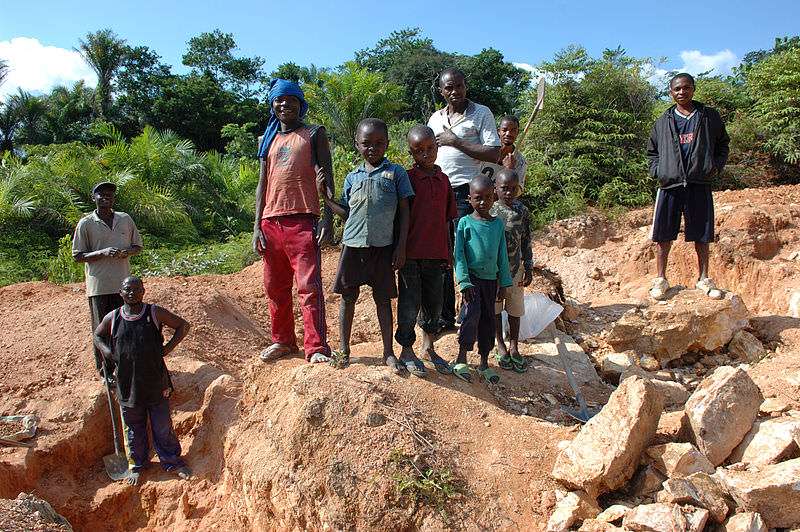How the Dodd-Frank Act Has Caused Poverty and Fuelled War in Africa


A lot has been written about the Dodd-Frank financial reform package passed in the wake of the 2008 economic crisis. There has been much less coverage of an obscure provision in the legislation that is having a detrimental effect on the lives and livelihoods of millions of African miners.
The provision in question (Section 1502) was designed to weaken Congolese militia groups, whose murderous violence has sparked a string of conflicts and caused more deaths than any war since World War II. It set out to do this by requiring U.S. companies to "disclose their use of conflict minerals" in the hope that this would cut off the profits of mines controlled by the militias.
Despite this noble goal, the law—which came to be known by villagers as Obama's Law—quickly backfired. In the four years since it was signed, Dodd-Frank has ruined the livelihood of millions artisanal miners, driving them and their families deeper into poverty. Details of the law's unintended consequences were recently reported in The Washington Post:
In the fall of 2010, two months after the law's signing, Congo's government halted mining for six months — even at facilities not controlled by armed groups. The move had tremendous repercussions in a country where, by some estimates, a sixth of the 70 million inhabitants depend on artisanal mining.
The purpose of this shutdown was to launch a certification process so that the nation's minerals could be classified as conflict-free. However, the implementation of this process has been nothing short of a disaster. Its sheer ineffectiveness was highlighted in the same Washington Post article:
As of June, the government had certified just 25 mining sites out of hundreds in South and North Kivu provinces as "green" — meaning there was no presence of armed groups and there were no children or pregnant women laborers — according to U.N. monitors.
This ordeal has caused a collapse of the mineral industry, forcing many miners to find other ways to survive. For some, this has meant joining up with the very militias the law was designed to target. And what of the broader effect on those militias? It appears to have been, at best, negligible. Many remain in control of mineral mines, while others have responded by diversifying their revenue streams. All continue to destabilize eastern Congo.
From the evidence it is quite clear that Section 1502 of the Dodd-Frank Act has been a failure. It has harmed millions of innocent people and, by increasing militia recruitment, is arguably helping fuel the Congo's bloody civil war.
These outcomes ought to remind politicians and political activists to think long and hard about the potential consequences—both seen and unseen—of legislation. Situations like the one playing out in Congo will continue until people learn to stop reacting to the world's problems with the well-meaning but unhelpful thought that "there ought to be a law."
Free Minds and Free Markets aren't free! Support Reason's annual Webathon with a tax-deductible donation and help change the world in a libertarian direction. For details on giving levels and swag, go here now.


Show Comments (41)